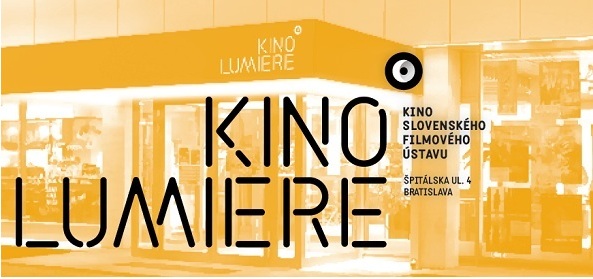Oslík
hraný ▪ 1955 ▪ ZSSR ▪ 71´ ▪ pôv. znení + ST + AT ▪ MP 12
-
Tengiz ABULADZE (1924 - 1994)
Študoval divadelnú réžiu (1943-1946) na Divadelnom inštitúte Šotu Rustaveliho v gruzínskom hlavnom meste Tbilis a filmovú tvorbu na VGIK (Štátny inštitút kinematografie) v Moskve. V roku 1952 ukončil štúdium na VGIK a v roku 1953 sa stal režisérom v Gruzínskych filmových štúdiách (Gruzia film). V roku 1980 získal titul Národný umelec ZSSR. Jeho prvý film, Oslík (1955), ktorý nakrútil spolu s Rezom Čcheidzem, získal Cenu za najlepší krátky hraný film na Medzinárodnom festivale Cannes 1956. Preslávila ho trilógia: Prosba (1968), Strom prianí (1976) a Pokánie (1984, premiéra v roku 1987). Posledne menovaný film získal Leninovu cenu (1988) a prvú cenu Nika za najlepší film a Zvláštnu cenu poroty na MFF Cannes 1987.
Studied theatre direction (1943–1946) at the Shota Rustaveli Theatre Institute, Tbilisi, Georgia, and filmmaking at the VGIK (State Institute of Cinematography) in Moscow. He graduated from VGIK in 1952 and in 1953 he joined Gruziya-film (Georgia Film Studios) as a director. He was awarded the title of People's Artist of the Soviet Union in 1980. His first film, Magdana's Donkey (1955), which he directed with Rezo Chkheidze, won the Best Fiction Short award at the 1956 Cannes International Film Festival. He is most famous for his film trilogy: The Plea (The Supplication) (1968), The Tree of Desire (1976), and Repentance (1984, released 1987), which won him the Lenin Prize (1988) and the first Nika Award for Best Picture. Repentance won the Special Jury Prize at the 1987 Cannes Film Festival.
Rezo ČCHEIDZE (1926)
Narodil sa v Tbilisi. Spolu s Abuladzem režíroval film Oslík (1955), ktorý získal Cenu za najlepší krátky hraný film na Medzinárodnom festivale Cannes 1956. Neskôr nakrútil filmy: Náš dvor (1956), Maja Tskneteli (1956), Poklad (1961), Cesta po pobreží (1962), Otec vojaka (1964), Pozri na tých mladých ľudí (1969), Štepy (1972), Syn svojej zeme (1980), Život Dona Quijota a Sancha (1989) a Sviečka horí na Pánovom hrobe (2008).
Born in Tbilisi. He co-directed Magdana's Donkey (1955) with Tengiz Abuladze, a film which won the Best Fiction Short award at the 1956 Cannes International Film Festival. Later he directed the films: Our Yard (1956), Maia Tskneteli (1959), Treasure (1961), Seashore Path (1962), Father of a Soldier (1964), Look at These Young People (1969), The Saplings (1972), Earth, This Is Your Son (1980), Life of Don Quixote and Sancho (1989) and The Candle Alight on the Grave of the Lord (2008).
publikované:
aktualizované: 21.11.2012






